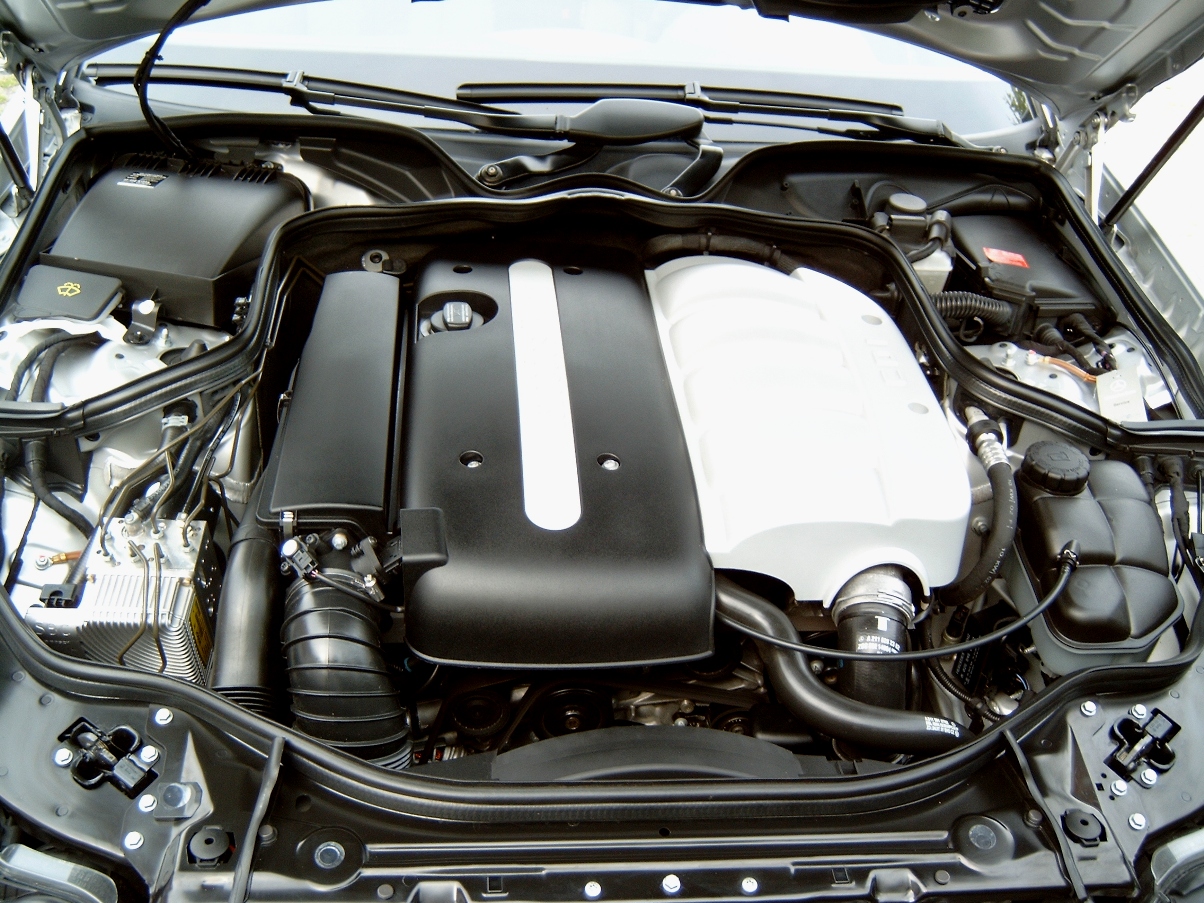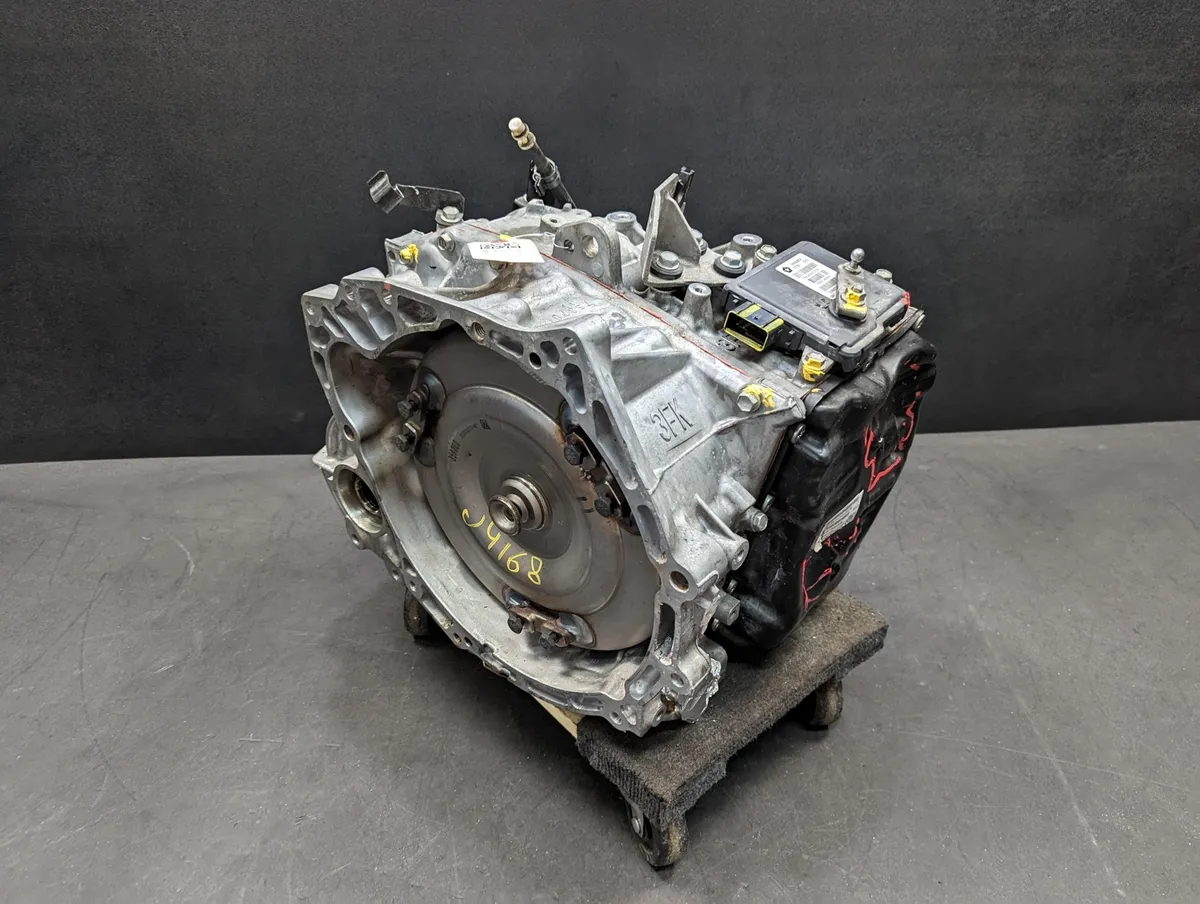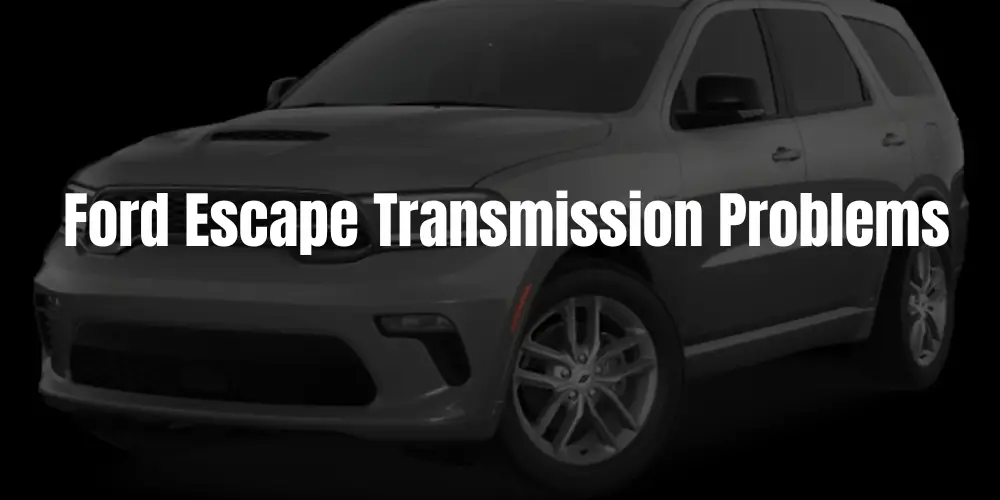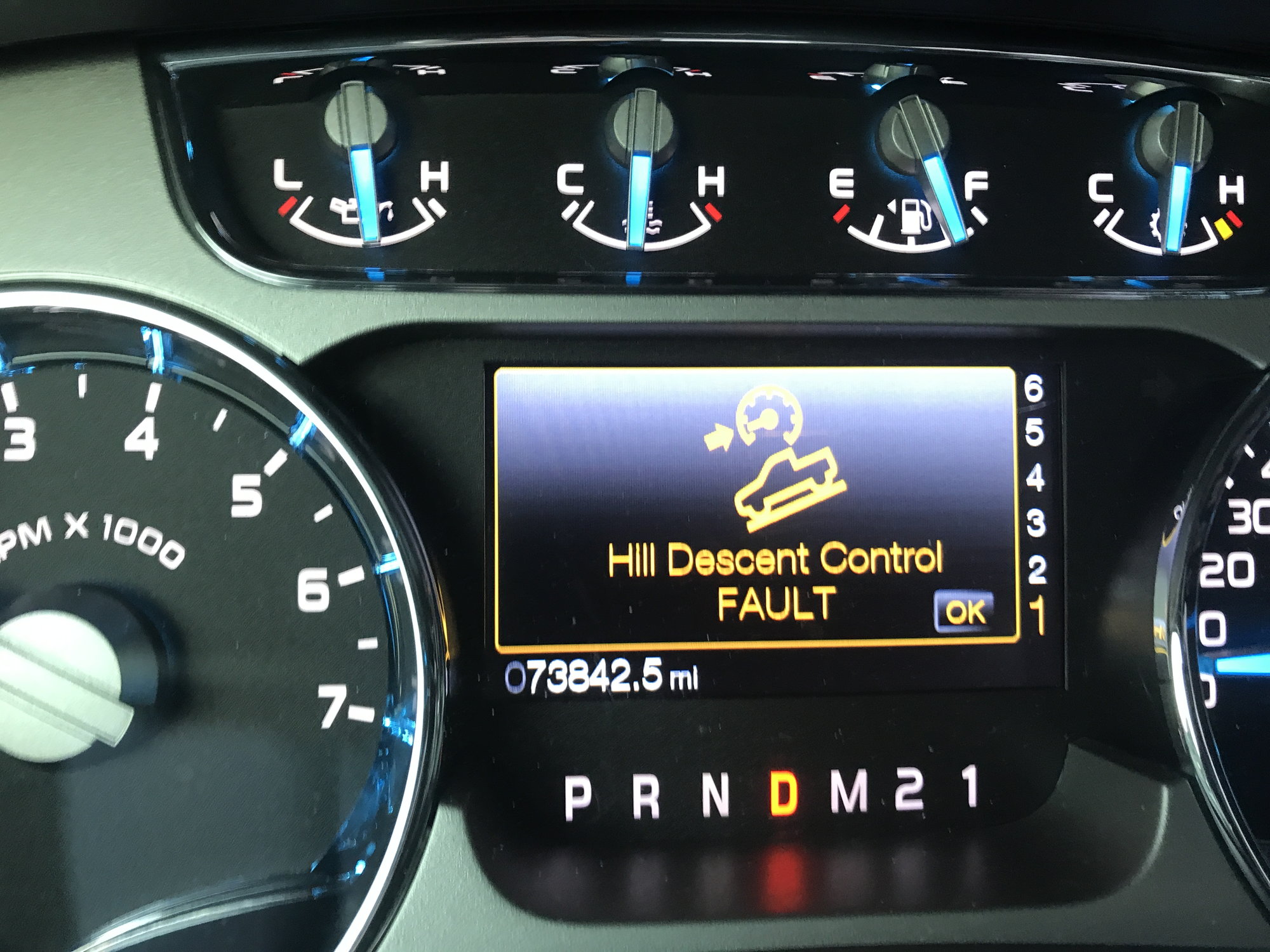When your Mercedes 220 CDI starts showing signs of trouble, it’s easy to feel a wave of panic.
But hold on—there’s no need to fret just yet! We understand that encountering engine problems can be daunting, but we’re here to light the path to clarity and confidence.
With a focus on the common issues that plague the Mercedes 220 CDI engine, our article dives deep to provide you with insightful answers and practical solutions.
Whether it’s a minor hiccup or a major overhaul, we’ve got the expertise to help you navigate through the technical maze.
So, let’s rev up your knowledge and get your beloved car back to its smooth-running glory!
What Are the Telltale Signs of Mercedes 220 CDI Engine Problems?
The Mercedes 220 CDI engine is renowned for its performance and reliability, but like any mechanical component, it can encounter issues. Recognizing the early signs of engine problems can save you time and money, and here are the key indicators to watch out for:
-
Starting Difficulties
If your car struggles to start, or there’s no response when turning the key, it could signal issues with the battery, starter motor, or a faulty sensor.
-
Excessive Noise or Vibration
Unusual noises or vibrations often point to worn engine mounts, an imbalanced flywheel, or other internal components needing attention.
-
Low Oil Pressure
This can be a critical sign of engine health. If the oil pressure drops, it may indicate a leak or a failing oil pump, which requires immediate attention to prevent further damage.
-
Electrical Issues
Dimming lights or electronic malfunctions could be related to the engine’s performance and should not be overlooked.
-
Reduced Power and Performance
If your car feels sluggish or lacks the power it once had, it could be due to a variety of engine problems, including turbocharger issues or clogged filters.
-
Overheating
An engine that runs hotter than normal could be experiencing cooling system problems, such as a malfunctioning thermostat or a leak in the cooling system.
-
Unusual Exhaust Smoke
Blue or white smoke from the exhaust can indicate oil burning, while black smoke might suggest incomplete combustion, often due to a clogged air filter or problems with the fuel injection system.
-
Check Engine Light
The most obvious sign is the check engine light. If illuminated, it’s a clear indication that your engine needs to be checked by a professional.
Also Read: 2011 Jeep Grand Cherokee Recalls: What You Need To Know!
How Can You Diagnose Mercedes 220 CDI Engine Issues Accurately?
Diagnosing Mercedes 220 CDI engine issues with precision is crucial to maintaining the vehicle’s performance. Here’s a comprehensive approach to troubleshooting:
-
Use of Diagnostic Tools
A reliable OBD-II scanner can read fault codes from the engine control unit (ECU), providing a starting point for diagnosis.
-
Visual Inspection
Check for any visible signs of wear, damage, or leaks in the engine compartment. Pay special attention to the condition of belts, hoses, and connections.
-
Listening for Irregular Sounds
Unusual noises can indicate specific problems. For instance, a knocking sound might suggest issues with the fuel injectors or a timing problem.
-
Monitoring Performance
Observe the engine’s performance during operation. Hesitation, stalling, or rough idling can point to various issues, from fuel delivery to sensor malfunctions.
-
Checking Fluid Levels
Ensure that oil, coolant, and other fluid levels are within the recommended range. Low levels can lead to overheating and other engine troubles.
-
Assessing Exhaust Emissions
Discoloration or excessive smoke from the exhaust can reveal problems like oil leaks or incomplete combustion.
-
Evaluating Electrical Components
Test the battery, alternator, and starter motor to rule out electrical issues that can affect engine performance.
-
Fuel System Analysis
Inspect the fuel system for blockages or leaks. A clogged fuel filter or a failing fuel pump can cause engine problems.
-
Air Intake System Check
Ensure the air filter is clean and the intake manifold is free of obstructions. Airflow issues can lead to performance degradation.
-
Turbocharger Examination
If equipped, inspect the turbocharger for signs of oil leakage or impeller damage, which can significantly impact engine efficiency.

What Are the Common Fixes for Mercedes 220 CDI Engine Troubles?
Addressing common issues with the Mercedes 220 CDI engine involves a series of practical fixes that can restore your vehicle’s performance. These are the solutions:
Starting Problems: If your car doesn’t start, the first step is to check the battery and starter motor. Replacing or repairing these components can often resolve the issue.
Excessive Noise or Vibration: Worn engine mounts or an imbalanced flywheel can cause these symptoms. Replacing the mounts or balancing the flywheel are the usual fixes.
Low Oil Pressure: This serious issue may require replacing the oil pump or fixing any leaks in the oil system to maintain proper lubrication.
Electrical Issues: Dimming lights or electronic malfunctions could indicate a failing alternator or battery. Testing and potentially replacing these parts can solve the problem.
Reduced Power and Performance: Cleaning or replacing clogged filters, checking the turbocharger, and ensuring proper fuel delivery can enhance engine performance.
Overheating: Addressing cooling system issues, such as replacing a faulty thermostat or repairing leaks, can prevent the engine from overheating.
Unusual Exhaust Smoke: Blue smoke might require fixing oil leaks or worn seals, while black smoke could necessitate cleaning or replacing the air filter or addressing fuel injection system issues.
Check Engine Light: This indicator should prompt a diagnostic check to read any fault codes, which can then guide you to the specific problem and its solution.
Is It Time to Call a Professional for Your Mercedes 220 CDI Engine?
Deciding when to call a professional for your Mercedes 220 CDI engine issues is crucial to prevent further damage and ensure safe driving. This will help you make that decision:
Persistent Issues: If you’ve attempted basic troubleshooting and the problem persists, it’s time to consult a professional.
Diagnostic Uncertainty: When the diagnostic codes are complex or unclear, a professional mechanic’s expertise is necessary to interpret them accurately.
Specialized Equipment: Some repairs require specialized tools and equipment only available at a repair shop.
Safety Concerns: If there’s any doubt about the safety of the vehicle, professional intervention is essential.
Warranty and Insurance: Check if your warranty or insurance requires professional servicing to remain valid.
Complex Systems: The Mercedes 220 CDI engine has intricate systems like the turbocharger and fuel injection that may need an expert’s touch.
Recurring Problems: Issues that keep reoccurring despite repeated fixes are a sign that a deeper investigation by a professional is needed.
Performance Degradation: If the engine’s performance is significantly impacted, a mechanic can diagnose and resolve the underlying issues.
Time and Cost Efficiency: Sometimes, a professional can fix the problem more quickly and cost-effectively than DIY methods.
Peace of Mind: Knowing that a trained technician has addressed the issue can provide reassurance and peace of mind.
How Can Regular Maintenance Prevent Mercedes 220 CDI Engine Problems?
Regular maintenance is the cornerstone of vehicle longevity and reliability, especially for sophisticated engines like the Mercedes 220 CDI. Here’s how adhering to a maintenance schedule can prevent common engine problems:
-
Oil Changes
Regular oil and filter changes remove contaminants that can cause wear and tear on engine components. Clean oil ensures proper lubrication and cooling of the engine internals.
-
Air Filter Replacement
A clean air filter ensures optimal airflow to the engine, preventing issues related to air-fuel mixture and performance.
-
Fuel System Care
Replacing the fuel filter as recommended helps maintain clean fuel delivery, crucial for the engine’s injection system and overall performance.
-
Coolant System Maintenance
Flushing and refilling the coolant prevents overheating and corrosion within the engine’s cooling system.
-
Belt and Hose Inspections
Checking and replacing worn belts and hoses can prevent sudden failures and subsequent engine damage.
-
Brake and Tyre Checks
While not directly related to engine health, ensuring these components are in good condition contributes to overall vehicle safety and performance.
-
Glow Plug Replacement
Particularly important for diesel engines, maintaining glow plugs ensures reliable starting and efficient engine operation.

What Are the Costs Associated with Repairing a Mercedes 220 CDI Engine?
The costs associated with repairing a Mercedes 220 CDI engine can vary widely depending on the nature of the problem, the parts required, and the labor involved. These are the potential costs:
-
Diagnostic Fees
Before any repair work begins, a diagnostic test is usually performed to identify the specific issue. This can cost anywhere from $100 to $200.
-
Parts
The cost of parts for a Mercedes 220 CDI engine can be significant, especially if they are OEM (Original Equipment Manufacturer) parts. For example, a turbocharger replacement can range from $1,000 to $2,500, while a fuel injector might cost between $150 and $300 per injector.
-
Labor
Labor costs can vary by location and the complexity of the job. Mechanics typically charge between $75 and $150 per hour.
-
Common Repairs
Replacing a timing belt or chain can cost between $300 and $500 for parts and labor.
Fixing a head gasket leak might range from $1,000 to $2,000.
Addressing electrical issues, such as a faulty sensor, can cost between $200 and $400.
-
Major Overhaul
If the engine requires a major overhaul or rebuild, costs can escalate quickly, potentially exceeding $4,000 to $7,000 when considering parts and labor.
-
Preventative Maintenance
Regular maintenance, such as oil changes, air filter replacements, and fluid top-ups, can help prevent costly repairs. These services can range from $25 for an oil change to $100 for a comprehensive service.
Can Mercedes 220 CDI Engine Problems Affect Vehicle Longevity?
Certainly, Mercedes 220 CDI engine problems can have a significant impact on the vehicle’s longevity.
-
Engine Wear and Tear
Persistent engine problems can lead to increased wear and tear. Issues like low oil pressure or excessive noise and vibration can accelerate the degradation of engine components.
-
Performance Degradation
Engine troubles can reduce the overall performance and efficiency of the vehicle. This can manifest as reduced fuel economy, loss of power, and a less responsive driving experience.
-
Increased Maintenance Costs
Frequent engine issues often result in higher maintenance costs over time. This includes both the cost of parts and labor for repairs.
-
Potential for Major Failures
Minor engine problems can escalate into major failures if not addressed promptly. For example, a small oil leak can lead to a catastrophic engine failure if it causes the engine to run without adequate lubrication.
-
Resale Value
The presence of engine problems can significantly decrease the resale value of the vehicle. Potential buyers are likely to be deterred by a history of engine issues.
-
Reliability
Frequent engine problems can make the vehicle less reliable as a mode of transportation, potentially leading to breakdowns and inconvenience.
-
Safety
Some engine problems can pose safety risks. For instance, an engine that stalls unexpectedly can be dangerous while driving.
Are There Recurring Mercedes 220 CDI Engine Problems Owners Should Know About?
Owners of the Mercedes 220 CDI should be aware of several recurring engine problems that can arise over time. Understanding these issues can help in early diagnosis and maintenance, ensuring the longevity of the vehicle. These are the common recurring problems:
-
Starting Difficulties
One of the most frequent issues is trouble starting the engine. This could be due to a variety of reasons, including a failing battery, a defective starter motor, or problematic sensors.
-
Excessive Noise or Vibration
Worn engine mounts, an imbalanced flywheel, or misalignment in the drivetrain can cause abnormal noise or vibration, signaling the need for a check-up.
-
Low Oil Pressure
Low oil pressure can be a sign of a failing oil pump, blocked oil filter, or leaks in the oil system. It’s crucial to address this promptly to avoid engine damage.
-
Turbocharger Issues
The turbocharger can suffer from wear or blockages, leading to reduced engine performance. Regular inspection can prevent or identify issues early.
-
Electrical Problems
Faulty sensors, wiring issues, or a dying alternator can lead to electrical problems that may affect the engine’s performance.
-
Fuel Injection System
Problems with the fuel injection system, such as clogged injectors or a failing fuel pump, can cause poor engine performance and starting issues.
-
EGR Valve Failure
The Exhaust Gas Recirculation (EGR) valve can become clogged or fail, leading to reduced efficiency and increased emissions.
-
DPF Clogging
The Diesel Particulate Filter (DPF) can become clogged, especially if the vehicle is not regularly driven at highway speeds to allow for regeneration.
How Do Seasonal Changes Impact Mercedes 220 CDI Engine Performance?
Seasonal changes can significantly affect the performance of your Mercedes 220 CDI engine due to varying temperatures and weather conditions.
Cold Weather: In colder months, the engine oil thickens, which can cause the engine to work harder during startup and reduce fuel efficiency. The battery also loses efficiency, making it harder to start the engine.
Warm Weather: High temperatures can lead to overheating if the cooling system isn’t functioning properly. It’s essential to ensure that the coolant levels are adequate and the system is free of leaks.
Humidity: Increased moisture in the air during rainy or humid seasons can affect the combustion process within the engine, potentially leading to misfires and reduced power.
Air Density: Cooler air is denser and can enhance engine performance by allowing more oxygen into the combustion chamber. Conversely, hot air can reduce power output.
Winter Fuel Formulation: Fuel companies often change the blend of gasoline in the winter to improve cold-start performance, which can slightly decrease fuel economy.
Tire Pressure: Seasonal temperature changes can affect tire pressure, which in turn impacts fuel efficiency and handling. It’s important to check and adjust tire pressure regularly.
What Role Does Fuel Quality Play in Mercedes 220 CDI Engine Health?
Fuel quality plays a pivotal role in the health and performance of your Mercedes 220 CDI engine.
Efficiency: High-quality fuel burns more efficiently, which can improve your car’s mileage and overall engine performance.
Engine Cleanliness: Good fuel helps keep the engine clean by minimizing the buildup of deposits in the fuel injectors and combustion chamber.
Emissions: Cleaner fuel results in fewer emissions, contributing to a healthier environment and helping your vehicle meet emission standards.
Longevity: Using the correct grade and quality of fuel can prolong the life of your engine by reducing wear and tear on critical components.
Power: Quality fuel can enhance the engine’s power output, providing smoother acceleration and a better driving experience.
Fuel System Health: High-quality diesel prevents issues like clogging and corrosion in the fuel system, which can lead to costly repairs.
Cold Weather Performance: In colder climates, fuel quality is essential to prevent gelling and ensure reliable starting and operation.
Conclusion
In the journey of owning a Mercedes 220 CDI, engine problems may seem like daunting roadblocks, but they don’t have to be dead ends.
Armed with the insights and solutions provided, you’re now equipped to tackle these challenges head-on.
Remember, knowledge is power—understanding the signs, causes, and fixes for common issues empowers you to maintain your vehicle’s health and ensure its longevity.
So drive forward with confidence, knowing that for every Mercedes 220 CDI engine problem, there’s an answer waiting to keep your journey smooth and uninterrupted.
Safe travels!




